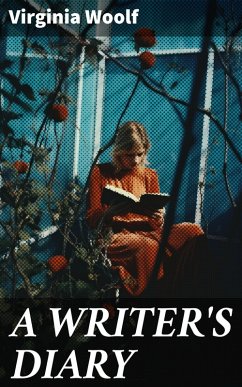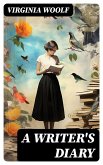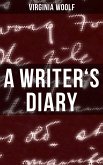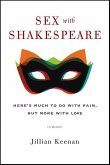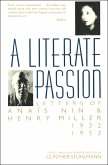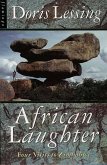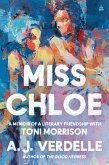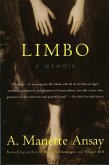In "A Writer's Diary," Virginia Woolf presents a rich tapestry of her reflections on the writing process, weaving together personal insights and literary musings that illuminate the struggles and joys of the creative endeavor. Written with her characteristic stream-of-consciousness style, this collection showcases Woolf's profound understanding of the artistic psyche and the intricacies of literary craftsmanship. Set against the backdrop of early 20th-century modernism, the diary entries reveal Woolf's engagement with contemporary thought, as she grapples with themes of identity, gender, and the complexities of narrative form. Virginia Woolf, a central figure in modernist literature, was not only an accomplished novelist but also a keen observer of her own creative journey. The diary entries span a period of significant literary evolution, offering readers a glimpse into the mind of a writer who sought to challenge societal norms and elevate the voice of women in literature. Her own struggles with mental health and the constraints of her time shaped her perspectives, providing depth to her reflections on both the art of writing and its implications for personal and societal truth. "A Writer's Diary" is an essential read for anyone interested in the mechanics of writing and the inner workings of a literary genius. Woolf'Äôs poignant observations resonate with both aspiring writers and seasoned professionals, making this work a timeless exploration of creativity that encourages readers to ponder their own artistic journeys.
Dieser Download kann aus rechtlichen Gründen nur mit Rechnungsadresse in A, B, BG, CY, CZ, D, DK, EW, E, FIN, F, GR, H, IRL, I, LT, L, LR, M, NL, PL, P, R, S, SLO, SK ausgeliefert werden.

